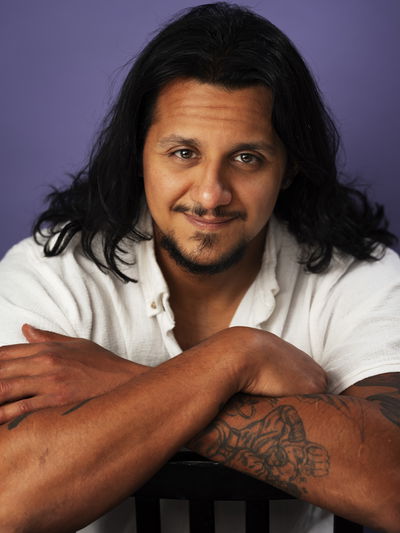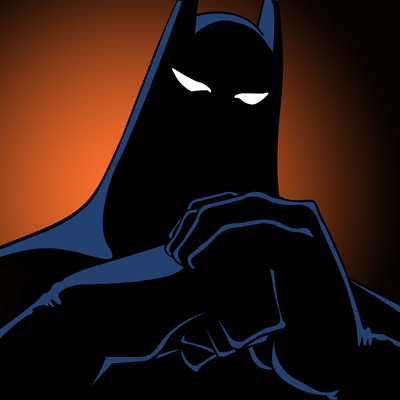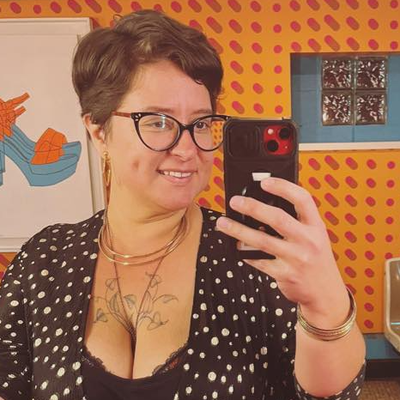The Ultimate Melody

Project Overview
An unofficial audio drama adaptation of Arthur C. Clarke's short story "The Ultimate Melody" and presented through the lens of a tall tale told by Harry Purvis in the White Hart pub. Harry's story describes the work of Professor Lister, a physiologist who attempts to discover the connections between music and the rhythms of the electrical pulses in the brain. Believing that all "hit-tunes" are merely poor reflections of an ultimate melody, they build a machine to search for this tune.
The main roles are Harry Purvis and Professor Lister, with other 'regulars' of the pub (including the narrator) occasionally commenting on how Harry recounts the tale.
With the exception of Professor Lister, I'm looking for native British accents for all characters, but genders are flexible.
While the theme of the story is a little dark, the fact that it's told through a character that we don't entirely believe lightens the tone. However, I'm looking for each character to be played naturally and seriously (no mad scientist attitude for the professor, for example!).
Recording will be done asynchronously, no live direction required. There is a small scene where all the characters except the professor are to hum a couple of seconds of a tune stuck in their heads, before laughing it off. No singing talent required here, in fact the less you have, the better.
As a small, indie project, each role is paid $0.05 per word in accordance with the lower tier of the Indie Rate Guide. Payment will be via PayPal upon delivery of completed audio and communication will be via castingcall.club or email.
When you are logged in, you can comment, add submissions, create projects, upvote, search open roles, and way more. Login here.
Sets the scene and introduces the fact that we’re gathered at the White Hart inn and are listening to the tall tales of Harry Purvis.
Lines: Approx 300 words / 2 minutes of dialogue
- english
- male adult
- female adult
- male senior
- female senior
- british
- nonbinary
Have you ever noticed that when there are 20 or 30 people talking together in a room, there are occasional moments where everybody becomes very silent, so that for a second there's a sudden vibrating emptiness that seems to swallow up all sound?
At such moments I feel somewhat unsettled, however cheerful the company in which it happens. Yes, even if it's in the White Hart.
The main speaker that recounts the story to the crowd of regulars at the White Hart. They are a journalist and have a reputation for sharing not-quite-unbelievable stories over a pint in the pub.
Lines: 1,000 words / 8 minutes of dialogue
- english
- female adult
- male adult
- british
Charlie, that song’s driving me mad. It’s been on the radio every time I get in the car all week.
Now, what is there about these tunes that have this effect? Some of them are great music, others not so much, but they've obviously got something in common.
Professor Lister, thank you for taking the time for this interview. I know that a lot of our listeners will be very interested in your research.
One of the regulars and the one to set off Harry’s story.
Lines: 40 words / 1 minute of dialogue
- male adult
- british
- female adult
(Humming “Hot to Go” or something similarly likely to get stuck in your head, before being told off by Harry) Sorry! I just can't get it out of my head
I know what you mean. Most songs are take-it-or-leave it, but others stick, and I end up humming them in the shower whether I want to or not.
A sceptic of Harry’s stories, generally taking an aloof position on his tall tales.
Lines: 50 words / 1 minute of dialogue
- english
- male adult
- male senior
- british (posh)
(Snobbish, as if pop music is beneath him) You ought to stay tuned to BBC 3. Then you're safe.
Hang on, there’s a loose end here, a hole in your plot! You said Lister’s assistant was there before the machine was switched off, but he was perfectly fine!
The focus of Harry’s story, an older academic and researcher with great enthusiasm for their work and its approaching Eureka moment
Lines: 500 words / 4 minutes of dialogue
- english
- female senior
- female adult
- male adult
- male senior
Of course, of course. I don't know why it is, but most scientists are interested in music. I've known several large labs that had their own amateur Symphony orchestras, some of them quite good too.
Yes, it was while I was studying the alpha, beta and other rhythms of the brain that I got interested in music. I was sure there must be some connection between musical and mental rhythms.
Comments
Public Submissions












































